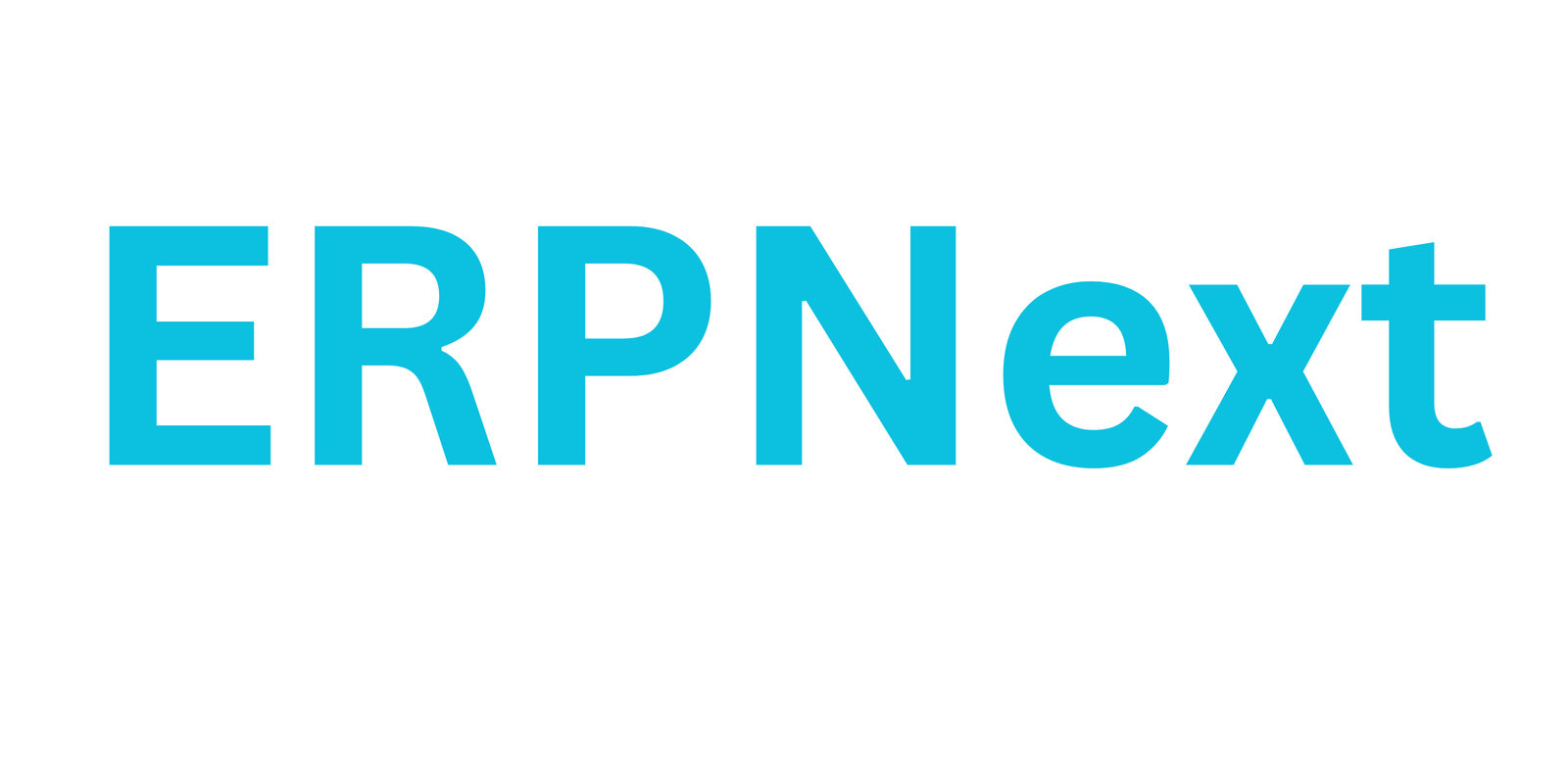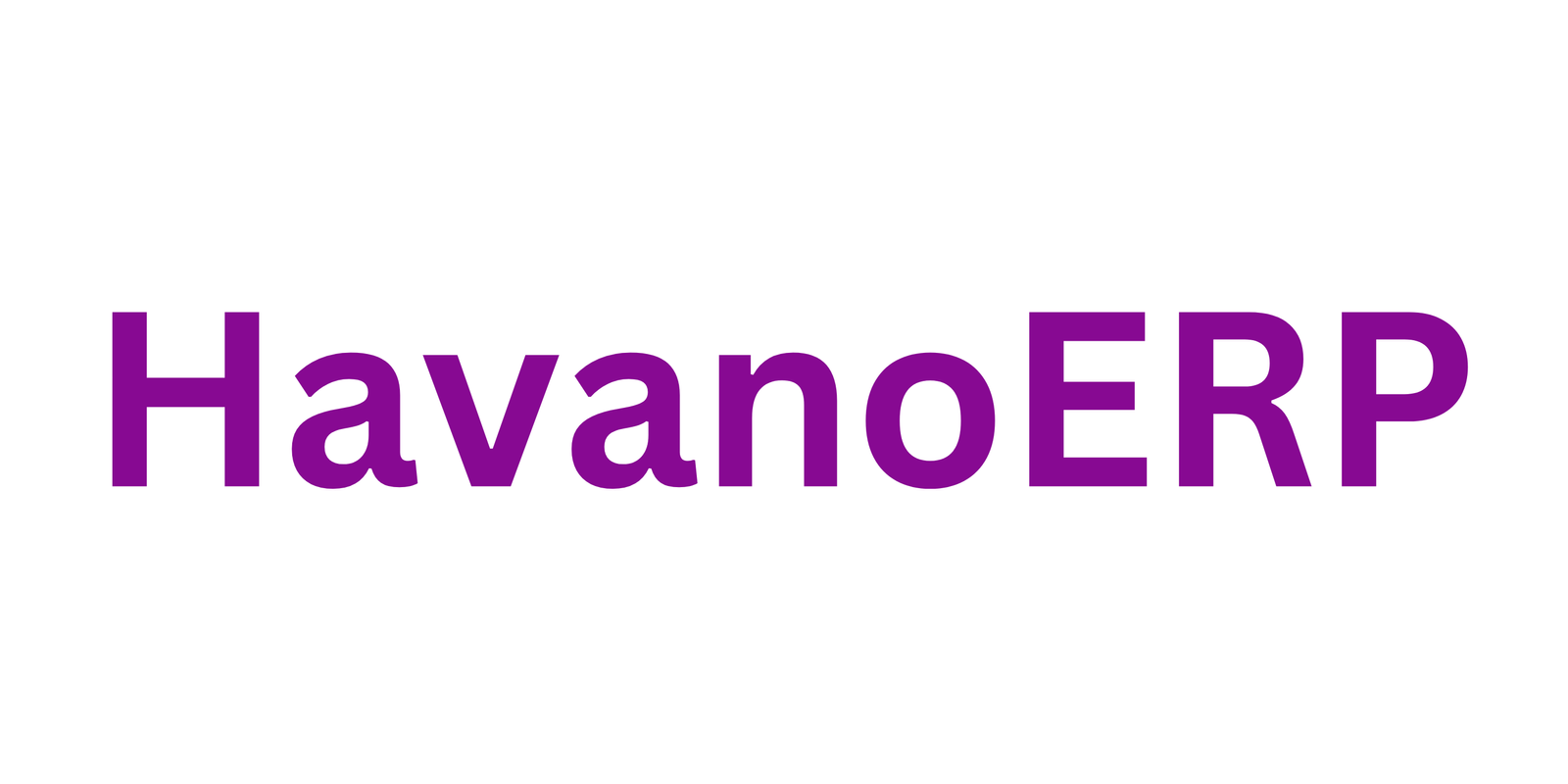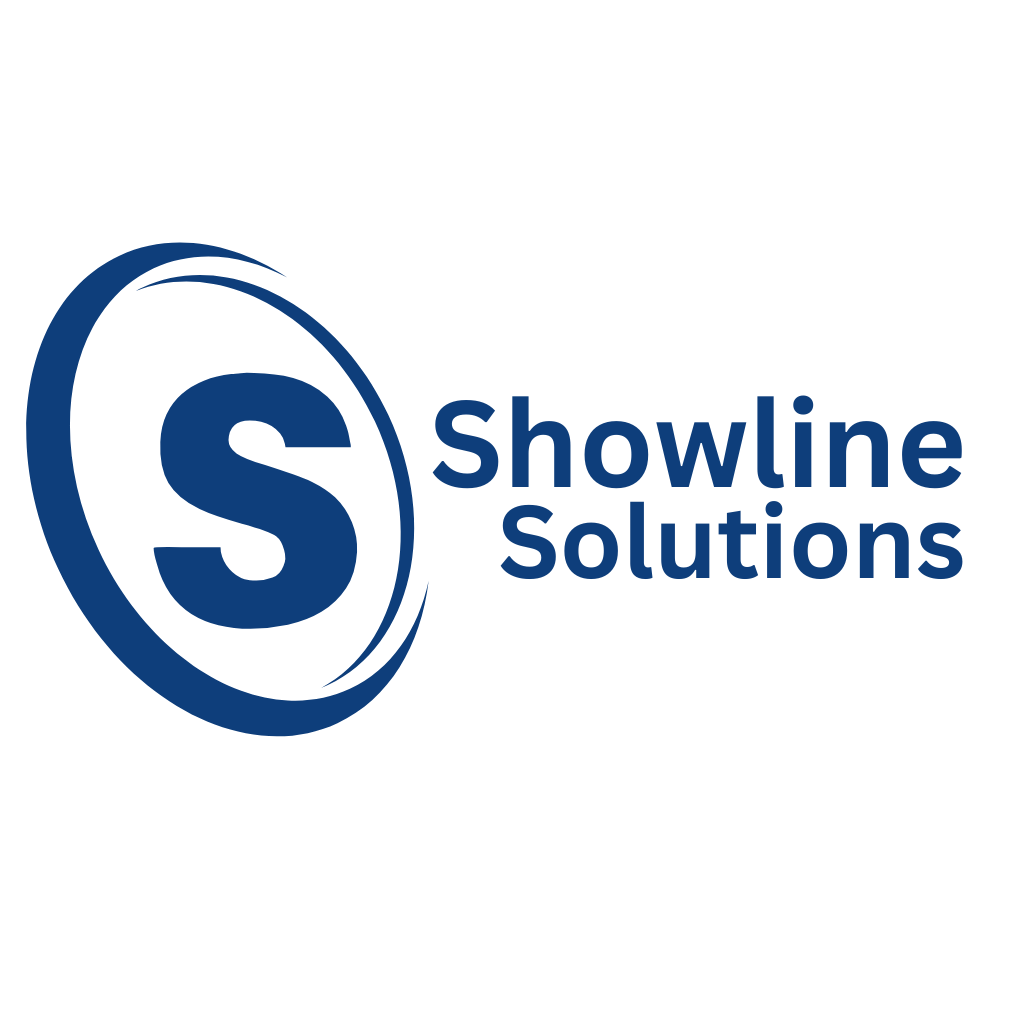Most Used ERP Systems in South Africa
South African businesses are increasingly adopting Enterprise Resource Planning (ERP) systems to streamline operations, improve efficiency, and enhance decision-making





What are ERP and Systems?
ERP systems are comprehensive software solutions that integrate various business functions, such as finance, human resources, supply chain management, and customer relationship management.
SAP
It is widely used by large enterprises and multinational corporations in South Africa and beyond.
ERPNext
ERPNext is ERP system that has gained popularity in South Africa due to its affordability and flexibility.
Odoo
Odoo is a modular ERP system that offers a wide range of applications to manage various business functions.
Our Services
Benefits of Implementing ERP
An ERP systems integrates and simplifies business tasks , thereby improving decision making.
Seamless Integration
ERP systems are powerful tools that can help manufacturing companies streamline their operations, enhance productivity, and reduce costs. By understanding the benefits and features of these systems, businesses can make informed decisions when selecting the right solution for their needs.
High Customizability
ERP systems are highly customizable, allowing businesses to tailor the system to their specific needs. Developers can modify or create new modules to meet unique requirements.
Features and Functions of ERP
Reporting and Analytics
ERP systems provide advanced reporting tools and dashboards for real-time data analysis. Businesses can generate customized reports to monitor performance and make data-driven decisions.

Don't Delay Get Your ERP Now
ERP systems are powerful tools that bring together all aspects of a business into a single platform. With features like financial management, inventory tracking, CRM, and automation, they help businesses streamline operations, improve efficiency, and make informed decisions. Whether you’re a small business or a large enterprise, an ERP system can provide the tools you need to stay competitive and achieve your goals.
ERP systems can integrate with third-party applications, such as e-commerce platforms, payment gateways, and CRM tools. This ensures seamless data flow across all business functions.
Mobile apps allow users to access the ERP system from anywhere, improving flexibility and productivity.
Disadvantages of ERP
While Enterprise Resource Planning (ERP) systems offer numerous benefits, they also come with certain challenges and drawbacks.
High Initial Costs
ERP systems often require a significant upfront investment
Lack of understanding or training
Employees may resist adopting the new system
Enterprise Resource Planning (ERP) systems are powerful tools for managing business processes, but they can also be complex and challenging to understand. Below are some common FAQs about ERP systems to help you gain a better understanding of their purpose, benefits, and implementation.
Frequently Asked Questions (FAQs) About ERP Systems
Businesses need ERP systems to:
Centralize data and eliminate silos.
Automate repetitive tasks and reduce manual errors.
Improve collaboration between departments.
Enhance decision-making with real-time insights.
Scale operations as the business grows.
Cloud-Based ERP: Hosted on remote servers and accessed via the internet. It offers flexibility, scalability, and lower upfront costs.
On-Premise ERP: Installed locally on a company’s servers and managed in-house. It provides full control over data but requires higher upfront investment and maintenance.
Costs include:
Software licensing or subscription fees
Implementation and customization
Training and support
Hardware (for on-premise systems)
Maintenance and upgrades
High Customizability
ERP systems are highly customizable, allowing businesses to tailor the system to their specific needs. Developers can modify or create new modules to meet unique requirements.
Give Us A Call
+27814636086
+2638612713407
Email Address
info@havanoerp.com
Office Location
27-Nelson Mandela Avenue Harare

Enterprise resource planning (ERP) refers to the comprehensive coordination of core business operations, typically facilitated by software and technology, often operating in real time.
Newsletter
Subscribe to get latest updates
Digitalizing the World with ERP System
Copyright © 2018 Showline Solutions. All rights reserved.

